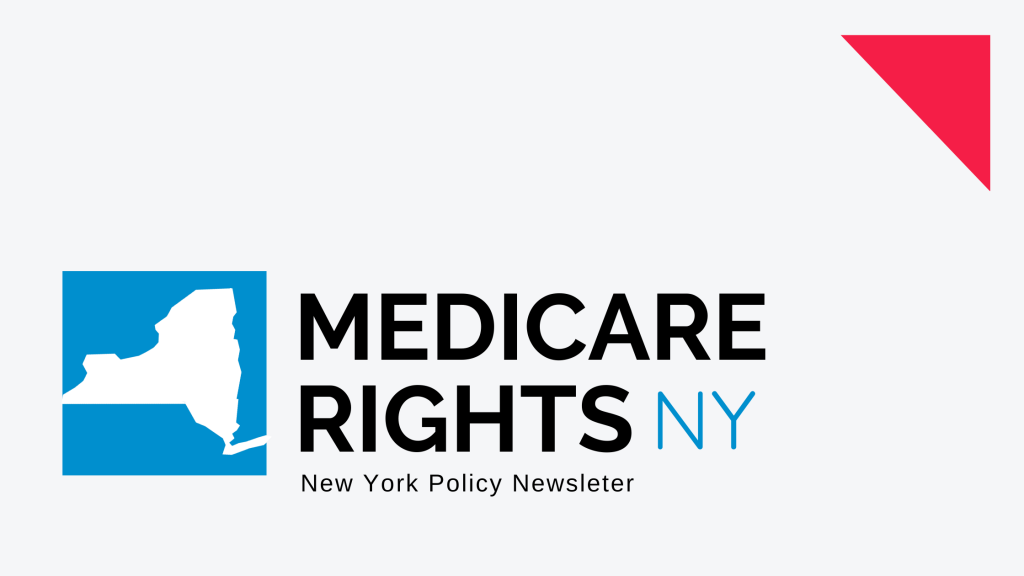Recent changes at the USPS have begun to slow delivery of many types of mail, and these delays threaten prescription drug access. Across the nation, there are reports of people going without their medications, which could have dire consequences for those with chronic or severe illnesses.
Read More
New data from the Employee Benefit Research Institute (EBRI) indicates those who do tend to have higher health care needs, spending, and utilization rates than people with employer-sponsored health insurance.
Read More
This new approach will help eligible New Yorkers get enrolled in the MSP with fewer administrative hurdles and delays and should serve as a model for other states to improve efficiency and increase enrollment in these essential programs.
Read More
In a new issue brief, the Kaiser Family Foundation (KFF) collects recent federal, state, and local research on COVID-19’s impact by race and ethnicity. Though the data remains incomplete, it confirms that COVID-19 is continuing to disproportionately impact Black, Hispanic, Asian American, American Indian and Alaska Native (AIAN), and Asian and Native Hawaiian and Pacific Islander (NHOPI) people.
Read More
Medicare Rights Advocacy Batch buy-in process implemented to improve Medicare Savings Program enrollment in New York State Thanks to advocacy by the Medicare Rights Center and others, the New York State Department of Health (NYSDOH) and New York City Human Resources Administration (HRA) has implemented the batch buy-in process, which […]
Read More
This week, Medicare Rights submitted comments in response to a proposed rule from the Internal Revenue Service (IRS) that would set a dangerous precedent by treating health care sharing ministries (HCSMs) as medical insurance for tax purposes.
Read More
On August 7, a group of 26 Senators asked the Trump administration to ease access to health care during the COVID-19 pandemic. Led by Sen. Chris Murphy (D-CT), the letter urges immediate enrollment improvements to Medicare and to the Affordable Care Act’s (ACA) federally run marketplace. This includes establishing Special Enrollment Periods (SEP) that would help people more quickly connect with their coverage.
Read More
There is clear evidence that the COVID-19 pandemic and economic downturn are causing millions of Americans to lose not only their jobs but also their employment-based health insurance. What’s less well known is how many of these workers are remaining uninsured, and how many are shifting to other coverage—such as a spouse’s plan, Medicaid, or Medicare. Federal data on these changes will not be available until next year. In the interim, a new Families USA analysis seeks to partially fill this information gap.
Read More
This week, the Commonwealth Fund released a report that summarizes and analyzes the over 200 temporary legislative and regulatory changes that have been made to Medicare in response to the COVID-19 public health emergency. They also looked at the sub-regulatory guidance that the Centers of Medicare & Medicaid Services (CMS) has released to interpret these rules and to provide additional flexibility to providers and Medicare plans.
Read More









